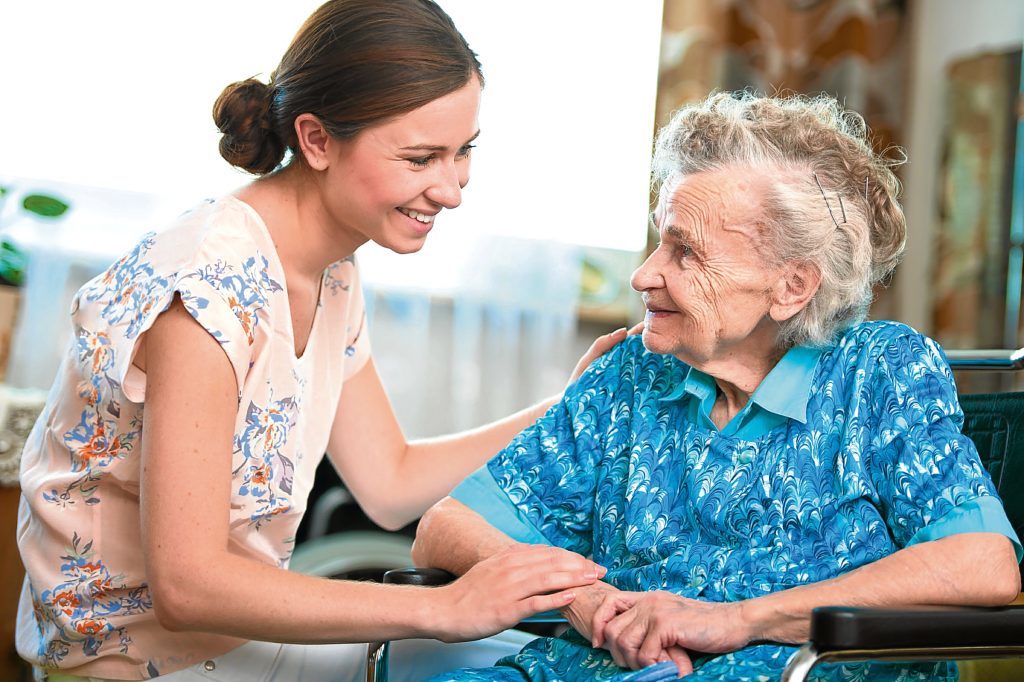For many of us, close friends and family are key ingredients in a happy life. Unfortunately these close relationships are a luxury that not everyone enjoys.
New research points to the fact that more and more people in the UK have to deal with feelings of loneliness and isolation on a daily basis. The sad news is that loneliness is on the rise with more than one in eight adults saying they do not have a close friend – an increase on previous years.
Almost seven million people in the UK – 13% – do not have someone they would call a close pal, up from one in 10 when the same question was asked in 2014 and 2015, charities Relate and Relationships Scotland say.
The charities’ report, You’re Not Alone – The Quality of the UK’s Social Relationships, also found that almost half of UK adults felt lonely at least some of the time and almost a fifth felt lonely often or all of the time.

Based on a survey of more than 5,000 people, the report found that almost one in six said they never (5%) or rarely (12%) felt loved.
On a positive note, the research found that 83% of people in the UK enjoyed good relationships with their friends.
The most commonly reported number of close friends is two or three, with 18% of people selecting each, while 6% of people feel they have more than 10 close friends.
People with no close friends are two-and-a-half times as likely to say they feel down, depressed or hopeless either often or all the time (31%) as those with four or more close friends (13%), according to the report.
Younger people were more likely to report feeling lonely than older people, with almost two-thirds of 16 to 24-year-olds saying they felt lonely at least some of the time, while almost a third felt lonely often or all of the time.
It might seem as if our social media friend count
is high but what is the quality of those friendships really
like?
Among people aged 65 or over, 32% said they felt lonely at least sometimes and 11% felt lonely often or all the time.
Relate said it was concerned that increased dependence on social media, lack of work/life balance and the pressures of bringing up children could be affecting people’s friendships.
According to chief executive Chris Sherwood: “It’s often said that we should be able to count our true friends on one hand but it’s very concerning that so many people feel they don’t have a single friend they can rely on.
“Making friends and keeping them isn’t always easy – it can take time and effort that we don’t always have to spare.
“Life can take over as we juggle careers with family life and it might seem as if our social media friend count is high but what is the quality of those friendships really like?
“Social relationships are essential to our health and wellbeing. We mustn’t take them for granted. People need support to be able to nurture personal friendships and feel part of a community.”
These findings come just days before The Courier launches its new Community Kindness Campaign.
Here at The Courier, we strongly believe no one should have to face feelings of isolation or loneliness.
Look out for more details of the campaign in Monday’s paper, when you will be able to read more about taking that important first step to reach out to someone in your community who might benefit from a neighbourly visit or a simple: “Are you OK?”
